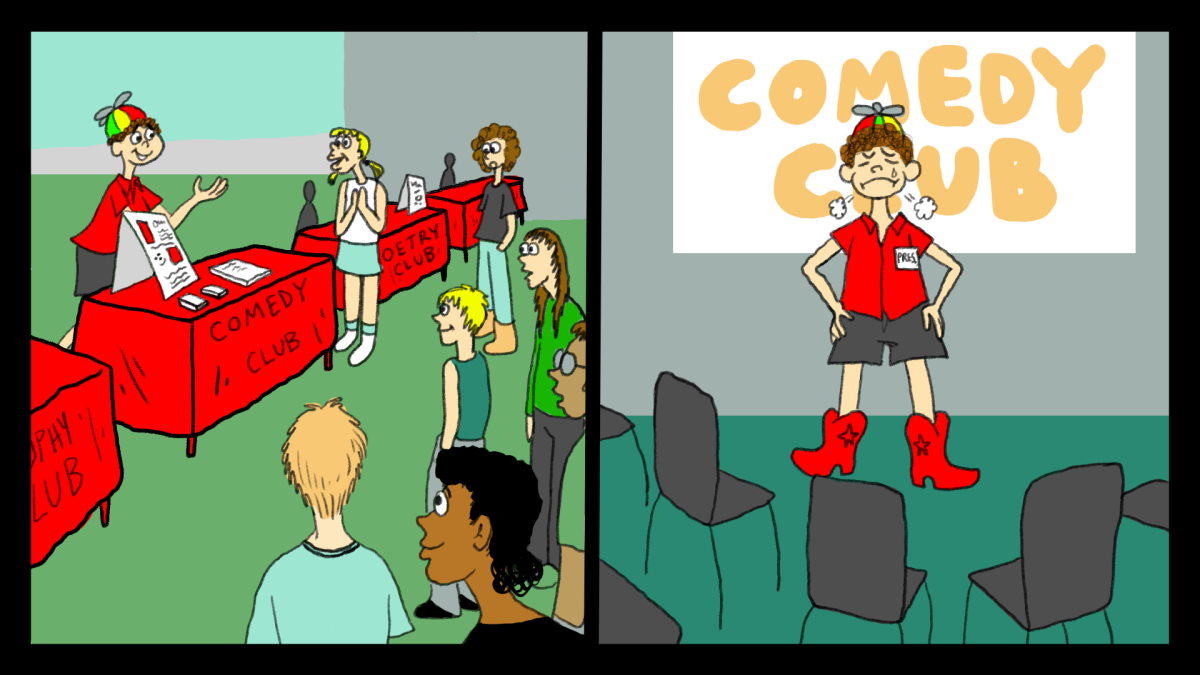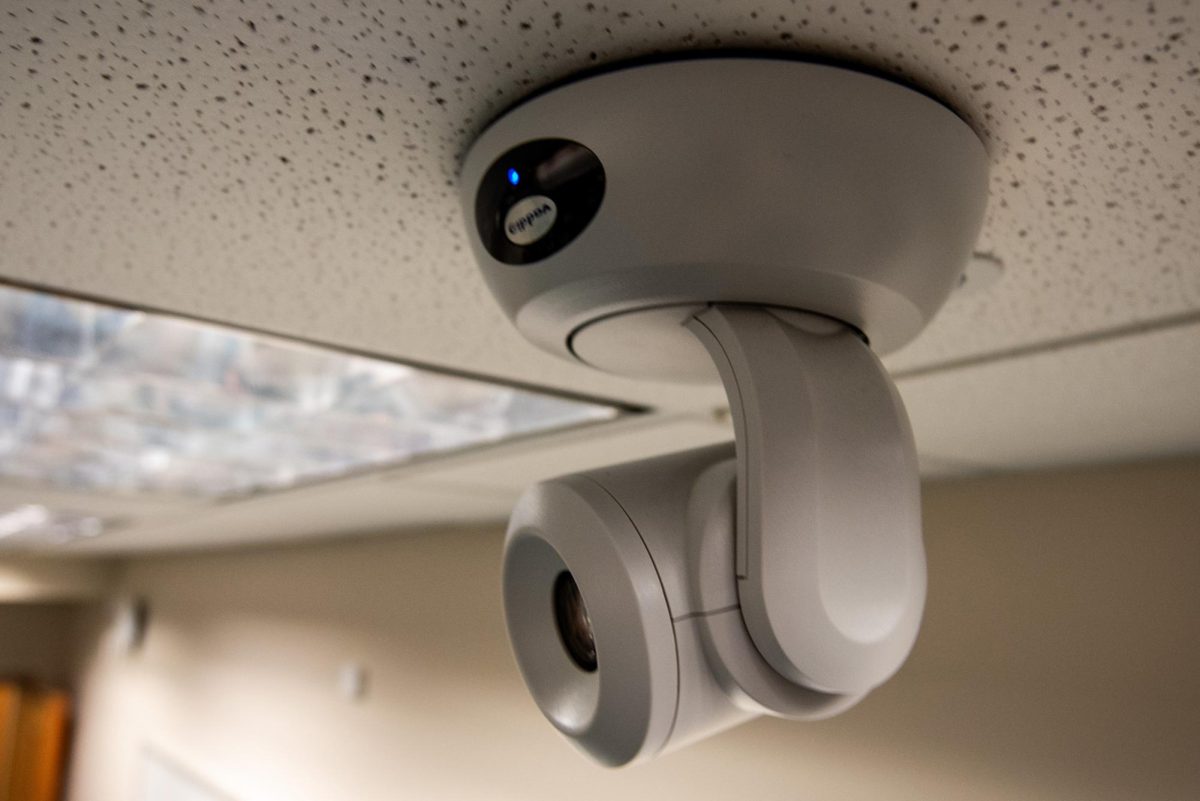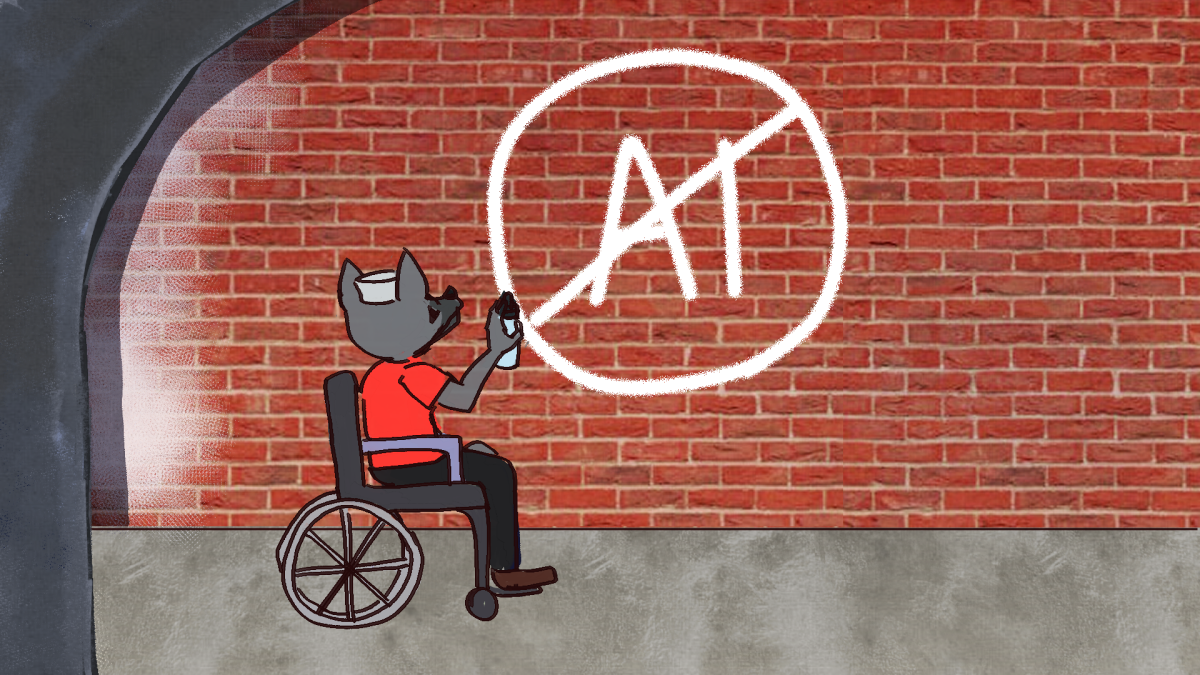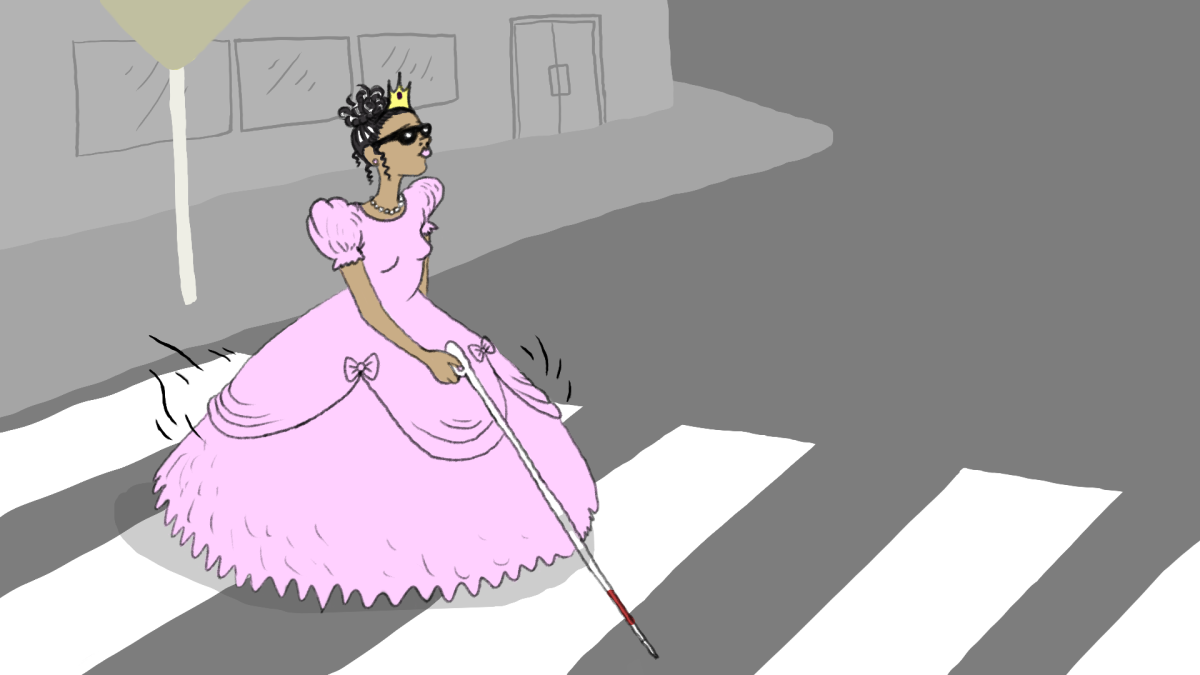Growing up, we are taught about the American dream. Immigrants used to be told stories about how the roads in America are paved in gold and everyone here is taught to work hard and make their own path to success. One of the most traditional ways to achieve economic success in America has been by getting a college education and pursuing a well-paying career. Unfortunately, college tuition has been rising for both undergraduate and graduate degrees since 2011, and this trend is starting to limit the American dream to the upper class only.
A study conducted at the Center of Education and the Workforce at Georgetown University found that by 2020, 65% of all jobs that contributed to the U.S. economy required some form of education after high school. They also say that at least 35% of jobs require a bachelor’s degree. This means that unless you can pay for trade school, community college or a four-year university, your chances at getting a job are slim in our economy.
At the same time, the price of obtaining higher education has been going up since 2011. At NC State specifically, the total cost of attendance for undergraduate out-of-state students (which includes tuition and related fees, books and supplies and living expenses) has increased by 38.64% from 2011 to 2020. It has also increased by approximately 33% for undergraduate in-state students in the same time span. These numbers do not even begin to reflect the changes in tuition that are about to happen because of economic losses from COVID-19.
This increase in the cost of higher education has resulted in a noticeable increase in the burden of financial aid on those who choose to attend college. Unless your parents are rich enough to cut a check to the university up front, you are left fighting for scholarships, FAFSA and private loans. For people like me who didn’t really luck out with any of that, you end up with a mountain of debt for the remainder of your life. Personally, I am expected to graduate with my bachelor’s degree with almost $70,000 dollars of debt BEFORE interest (and that is FAFSA, grants and doing three years instead of four). I then get to rack up even more debt from graduate school.
Due to the high amounts of debt you rack up from college, many people are having to make the hard decision about whether the careers they want will be worth it in the end. Education majors, for example, can barely afford to feed themselves to begin with, so is attending a four-year university and racking up 20 plus years of loans really feasible for them? Add in the economic hardships caused by the pandemic, such as job losses, and college starts to become more and more like a pipe dream for those not born into wealth.
Even President Biden’s 2020 college plan acknowledges this problem and attempts to address it. On his online platform, Biden states that “their education saddles them with so much debt it prevents them from buying a home or saving for retirement, or their parents or grandparents take on some of the financial burden.”
Other people are losing out even more because they are being forced to choose cheaper options besides the traditional four-year universities like NC State and settle for lower paying jobs. As a result, the economic divide in America is increasing and colleges like NC State are slowly becoming a privileged experience for the upper class only. This effectively cuts middle and lower class citizens off from achieving their American dream.
In an attempt to save people from this burden and make education a right for everyone again, Biden has proposed a plan to increase the amount of money invested in community colleges, job training opportunities and other universities that play a unique and/or vital role in their communities. He also aims to make colleges a reliable pathway for middle class Americans instead of an “investment” that only provides limited returns afterwards.
I have not made up my mind about whether or not I like Biden’s plan yet, but the point is that he is at least trying and that, in my opinion, is something a lot more of us need to do. The American dream should not be just for those who were born into the upper class. That is not the kind of ideology America is supposed to stand for. We all need to be aware of the current trends in college tuition and advocate to our universities and local politicians to consider various options for restoring this right to all socioeconomic classes.








